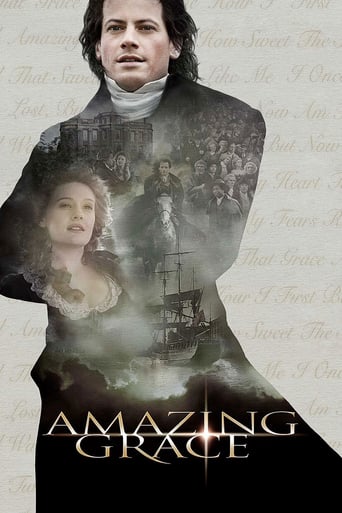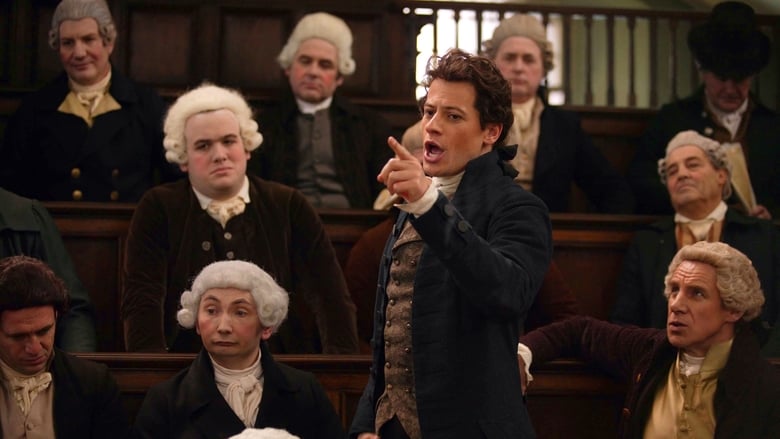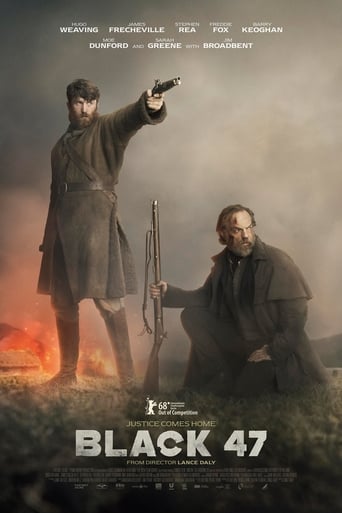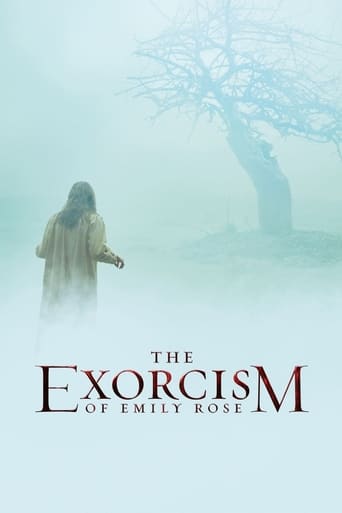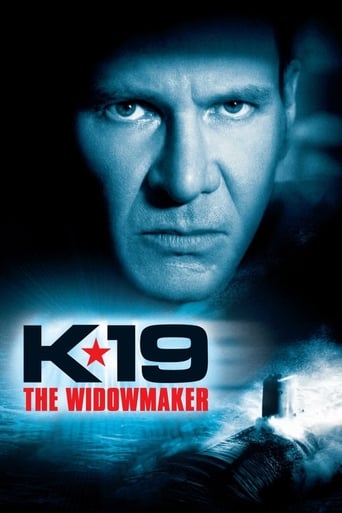Amazing Grace (2006)
The true story of William Wilberforce and his courageous quest to end the British slave trade. Along the way, Wilberforce meets intense opposition, but his minister urges him to see the cause through.
Watch Trailer
Cast

Similar titles
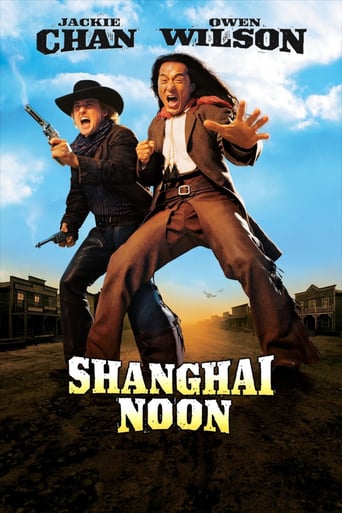
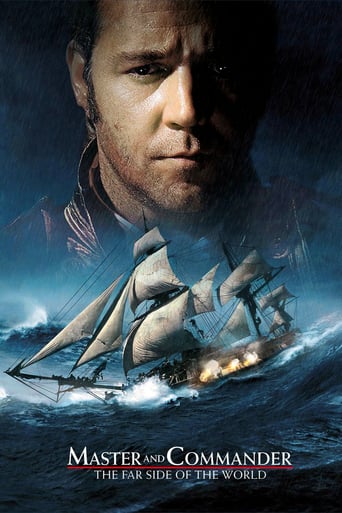
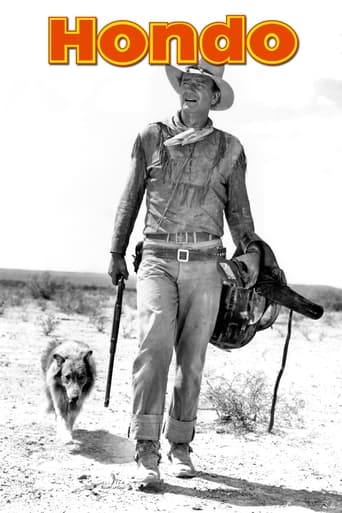
Reviews
Best movie of this year hands down!
Great Film overall
The performances transcend the film's tropes, grounding it in characters that feel more complete than this subgenre often produces.
The film never slows down or bores, plunging from one harrowing sequence to the next.
How Sweet the SoundThe film Amazing Grace, directed by Michael Apted, is based on the remarkable story of the abolition of the slave trade, and is set in Great Britain in the 18th century. Both political and religious aspects of culture are present heavily throughout the film. The film is based on the true story of William Wilberforce and his fight to end slavery in Great Britain. Wilberforce's life was dedicated to seeing souls be set free and to bringing justice to the oppressed. He was terrorized night after night with dreams and visions of the slave trade, and each dream detailed what slaves were going through daily around the world. At one point, Wilberforce was playing cards with one of the men in the British Parliament, and the man asked for his "nigger" to fetch his carriage. Wilberforce became vehemently angry and raged out of the game, slamming the cards down. The fellow Parliament members said he was acting as if he had never seen slavery before, but he replied, "It is like arseny, each tiny dose doubles the effect." (Wilberforce) At another point in the film, Wilberforce was in a fight in his mind as to whether he should be taking up a religious calling or continue in his political career and see the slave trade abolished. His friend William Pitt brought a group of acclaimed and diverse individuals in order to convince to Wilberforce that he is able to conquer both. This did not entirely "seal the deal" for him. Instead, Wilberforce went to seek advice from John Newton, his former pastor. Newton was a former slave ship owner but was redeemed to a life of freedom. Newton told Wilberforce he must seek to abolish slavery and that parliament needed individuals like him. "Take their dirty ships out of the ocean," Newton told Wilberforce. (Newton) Then Newton's dreams began haunting him again. This time it was in regards to a friend's letter from Jamaica. Wilberforce had nightmares of children being scalded to death by molten lava, and he felt as if he was living inside of the dream. Each time he had a dream, he would wake up in a cold sweat. Aludo Equiano, a former slave, showed Wilberforce a slave ship and explained to him what went on in each part of the ship. "Slavery is a trade which degrades men to the level of brutes," Equiano explained. By now, Wilberforce had taken a petition to parliament each year for what seemed to him an eternity, and each year he became closer to getting it passed. Barbara, whom he met through his aunt and uncle, encouraged him in his pursuit of equality and told him how much she had admired his efforts and how she watched him do good in society. "After night comes day the people are not afraid now that the war on France is being won and when they are not afraid they rediscover their compassion." (Barbara) He later married Barbara and they had children together. John Newton told Wilberforce that he should publish the accounts of his experiences with fighting the slave trade. Newton told Wilberforce that, "I was blind, but now I see," regarding how he had met the Lord. James, a friend of Wilberforce from the Indies, came to share with his supporters pages and pages of first-hand accounts he had collected. James explained to them that the slaves were anxious for freedom and they heard that there was someone coming to save them named Wilberforce. James gave Wilberforce's supports an idea: they would not directly present the bill to parliament, but sneakily go around it. He suggested a more effective way in order to get slavery abolished. The slave ships were sailing with the American flag. He suggested that a bill is passed that all American ships are able to be searched and seized. That same day he went to parliament to make the petition, Wilberforce gave free tickets for a horse race to everyone who opposed his anti-slavery efforts. The petition passed. Soon after its passing, the abolition of the slave trade came to fruition (in the late 1820s). This movie is highly recommendable. It opens your eyes to the reality of slavery, and shows of a hero fighting it. This film shows Wilberforce as a hero. He will forever be remembered for how he took the sighing of the needy and brought freedom to many hearts. Freedom is a sweet sound. The slaves finally became free.
A sense of political correctness (and a fear of offending non-believers) has given the movies an (at least) agnostic feel to the subjects they've dealt with in the past few decades. Other than the occasional family friendly epic or Mel Gibson extravaganza, movies have steered as far away from Christianity as Donald Trump has from the Mexican border. But in this historical saga of the efforts of British nobleman William Wilberforce, the subject of the slave trade is moralized as England faces the difficult loss of the American colonies. Wilberforce, a slave owner himself, must find his own salvation, and a harsh look at the evils of the trade opens his eyes to the inhumanity of how these scared and abused Africans were treated.Ioan Gruffudd is the handsome upper class Englishman who really did find Amazing Grace, ultimately writing the beloved hymn that explains the basic Christian theology of being saved. To see all of the hardships that the innocent Africans went through, whether on the voyage from Africa to Jamaica (and then to whatever final location they were sent to), is often psychologically painful to fathom, as it is more disguised than visualized. It is through the memories of an educated former slave that the hardships are described, and the horrifying ship's hull, empty from those who managed to make it to England alive, is detailed and frightening. Recently done on Broadway (an unfortunately short lived musical), this is the story of the discovery of truth, atonement, considered a traitor for being strong enough to stand up for his beliefs, and ultimately, triumph. I shook uncontrollably during the Broadway production at the visual of the shackled slaves being prepared for the sale. This gets the point across in the narrative, but the horrors must be shown to remind us of centuries old evils and why civilized man must never go down these trails again.
I watched the trailer for this film and was blown away by the powerful emotion and story conveyed. The problem when I watched the actual film was the lack of momentum. Instead of being swept up in a moving drama that had me glued to my seat as I expected, the flow of the story was continually interrupted by jumping back and forth between present and past. I didn't care for the way the story was laid out. There were brilliant moments of acting, there were moving moments of passion and conviction, but overall I was unimpressed. The little detours of personal life and politics detracted from the momentum rather than helping to build it.I thought it was a good film. It just wasn't the great film I'd anticipated. Definitely some fantastic actors to enjoy; Benedict Cumberbatch and Ioan Gruffudd had great chemistry and offer wonderful performances.
Michael Apted is a versatile director who has made some very different films in a number of different genres, including biopics ("Gorillas in the Mist"), neo-noir ("Gorky Park") and action thrillers ("The World Is Not Enough"). Some of his films, such as "Nell", resist classification by genre. With "Amazing Grace" he returns to the "heritage cinema" genre, having earlier made other period dramas such as "Agatha" and "Enigma". It is a biography of William Wilberforce, who led the campaign against the slave trade in Britain in the late 18th and early 19th century. The title refers to the well-known hymn written by John Newton, another member of the anti-slavery movement. The film is set during the period between 1782, when Wilberforce presented his first anti-slavery bill to the House of Commons, and 1807, when legislation outlawing the slave-trade was finally passed. (Slavery itself, however, remained legal in British colonies until the 1830s). The film also deals with Wilberforce's personal life, including his battle against ill-health and his romance with and eventual marriage to Barbara Spooner. It went on general release on February 23, 2007, the 200th anniversary of the date the British parliament voted to pass the Slave Trade Act.In my view Apted's films vary widely in quality as well as in genre, "Nell" being one of the best films of the last couple of decades and "Enough" one of the worst. "Amazing Grace" is somewhere near the middle of this scale. It is not as good as "Nell" or "Gorillas in the Mist", but far better than the awful "Enough" or the dull "Agatha". It is a handsome, well-made costume drama which gives a good picture of life during the period in which it is set, although there are a few errors. (The Duke of Clarence (the future King William IV), for example, did not sit in the House of Commons (as he is shown doing here), but in the House of Lords). Ioan Gruffudd is excellent in the leading role, as are Albert Finney as Newton, Michael Gambon as Wilberforce's ally, the wily Charles James Fox, and Benedict Cumberbatch as the equally devious Prime Minister William Pitt. Although Pitt is sympathetic to the anti-slavery cause, for political reasons he is unable to attack the trade publicly. (The system of political patronage and rotten boroughs which prevailed at the time meant that many Members of Parliament were in the pockets of those with vested interests in the slave-trade). Pitt therefore uses Wilberforce as his public mouthpiece.Nevertheless, I felt that the film has something missing. It gives the impression that slavery was something to be discussed in the abstract by a group of well-to-do white politicians sitting in London. There is only one black character in the film, the former slave Olaudah Equiano, and there are no scenes which show the reality of slavery or the slave-trade. There is a brief reference to a slave revolt in Haiti, but this is the only recognition of resistance to slavery among the slaves themselves.This objection goes further than mere political correctness, which is doubtless how some will dismiss it. It would have made for a better film had it showed not merely the Parliamentary campaign against the evils of slavery but also something to indicate why that campaign needed to be fought. Wilberforce's ally Newton had himself been the captain of a slave ship before he underwent a religious conversion and became an ordained priest in the Anglican Church. As shown in the film, he was to be haunted throughout his long life by guilt over the part he had played in the slave trade. I couldn't help thinking, in fact, that his life might have made the basis of a more dramatic film than Wilberforce's.Apted said that he did not set out to make another film such as "Amistad" or "Roots". I will not attempt to compare a feature film like "Amazing Grace" with a television series such as "Roots", but I felt that if Apted had indeed set out to make a film more like "Amistad", which deals with both the white abolitionist movement and with the black victims of slavery, the end result might have been better. 7/10
